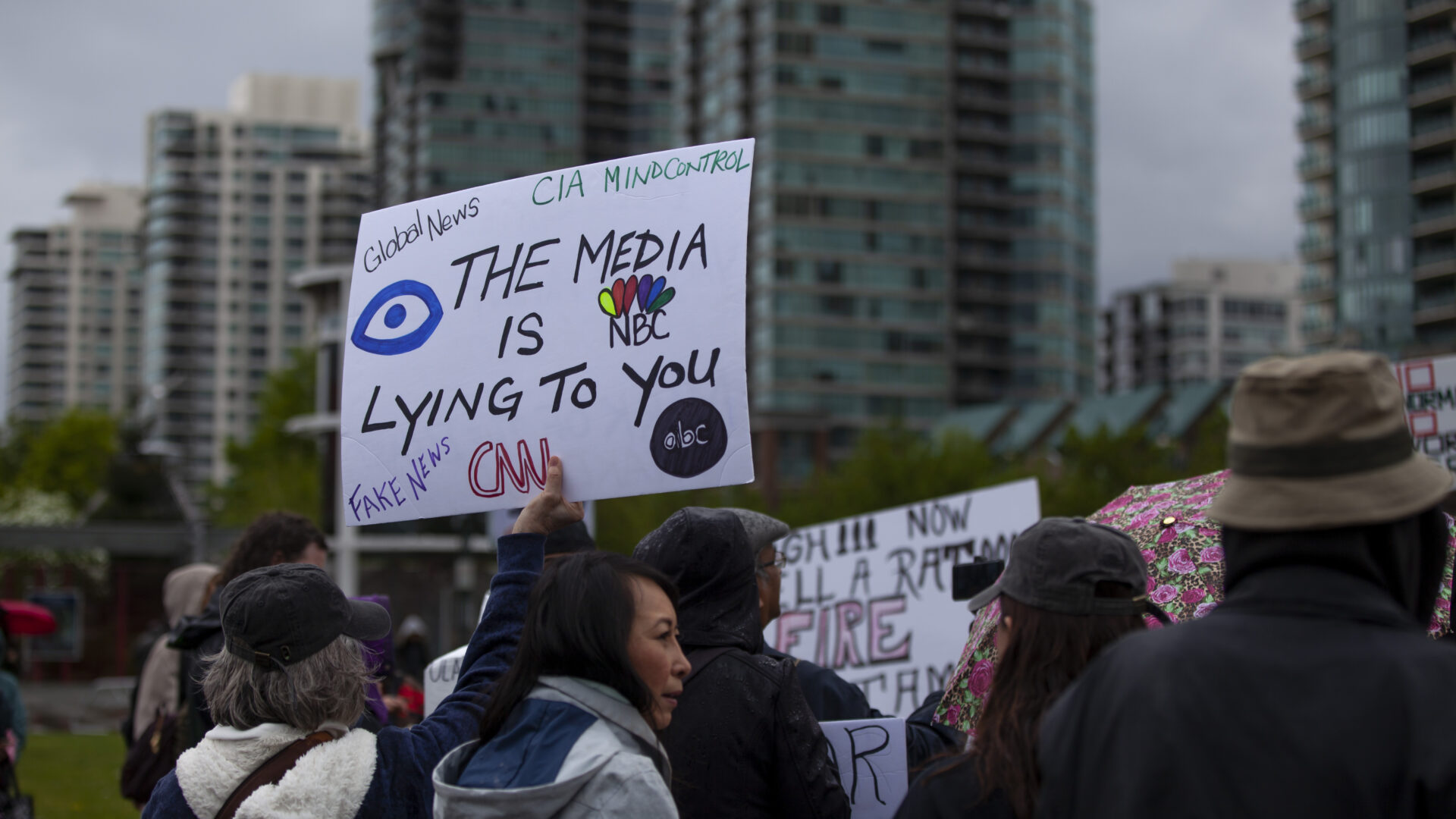Read the full essay here.
Conspiracy theories are an increasingly popular form of political rhetoric around the globe. The use of conspiracy theories by public officials stems from long-term factors such as distrust, inequality, and political polarization, and is facilitated by one of the preconditions for democracy: competition. This essay explains why conspiracy theories are abundant in the politics of democracies and autocracies alike. It looks at the effects of conspiracy theories on public discourse and discusses how mainstream parties respond to conspiratorial challengers. It concludes by considering how conspiracy theories in politics might be countered.
Image Credit: GoToVan

